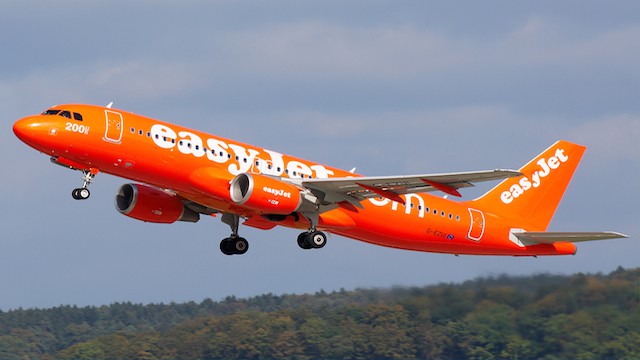The travel industry has been rocked by the news today that Monarch Airlines has ceased trading. The UK’s fifth largest airline was placed into administration early this morning, after regulators held emergency talks regarding the company’s future over the weekend. 110,000 travellers are currently stranded overseas, and approximately 300,000 future flight and holiday bookings have been cancelled, which could affect over 800,000 travellers.
The collapse comes as a result of increased competition within the industry, depressed short-haul ticket prices, increased fuel costs, and terror attacks in Egypt, Tunisia and Turkey, which have understandably deterred travellers from flying to these locations. Life is clearly tough within the budget airline sector at present – Air Berlin and Alitalia also filed for bankruptcy this summer.
So what does today’s news mean for UK listed budget airline stocks? Could Monarch’s demise benefit easyJet (LSE: EZJ) and Wizz Air (LSE: WIZZ) or should investors avoid the sector?
Share price boost
Monarch’s failure is clearly good news for these two. The market has acknowledged that less competition within the sector should help boost profitability, and both stocks are up approximately 3% today. But does that mean it’s time to buy these two budget airlines?
Momentum loss
The collapse of a key rival doesn’t necessarily make both stocks a buy, in my view.
Between 2012 and 2015, easyJet was a true growth stock star, its shares rising from under 400p to over 1,900p. Profitability was on the rise, and the airline was rewarding shareholders with fast-growing dividend payouts. However, in recent years, the cyclical nature of the industry has taken its toll on the budget airline.
For example, this year, City analysts forecast earnings per share falling 23%, along with a dividend cut of 25%. While easyJet announced a 10.8% increase in passenger numbers and a constant currency revenue per seat rise of 2.2% in its recent Q3 interim management statement, the airline also advised that for the six months ending 30 September, revenue per seat is expected to decline 2%.
With the stock trading on a forward P/E ratio of 15.1, and a dividend cut on the horizon, I’d be inclined to avoid easyJet shares for now, given the company’s lack of momentum.
A better option?
In contrast, Wizz Air looks to have considerably more momentum at present. Indeed, revenue at the Central and Eastern European-focused budget airline has surged over 50% in the last three years, and since floating in early 2015, the shares are up an impressive 160%.
In its July Q1 results, Wizz Air reported a 25% increase in passenger numbers, a 29% increase in revenue and a 50% rise in net profit. Chief Executive Jzsef Vradi commented that the first quarter performance, encouraging summer bookings and a favourable fuel price environment were “setting the company up for a strong year.”
City analysts forecast a full-year revenue increase of 24%, and a rise in earnings per share of 21%. Given that Wizz Air’s forward P/E of 15.4 is roughly on par with easyJet’s, this airline looks to be the better buy of the two, in my view.
Investors should bear in mind that despite there now being slightly less competition within the sector, many risks still remain. Terrorism, strike disruption, fuel price volatility and less demand for flights from cash-strapped UK travellers, could all affect profitability for the short-haul carriers. With that in mind, it may be wise to look at other sectors for growth stock opportunities right now.








